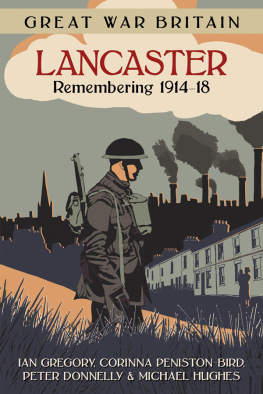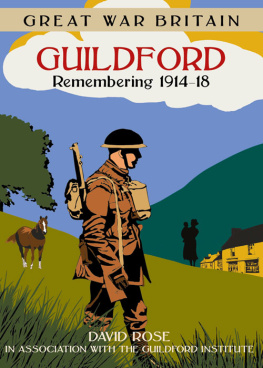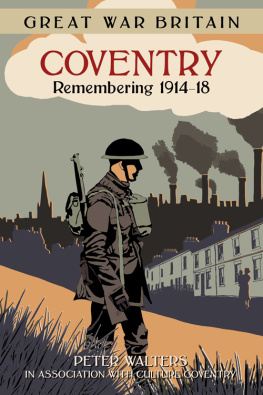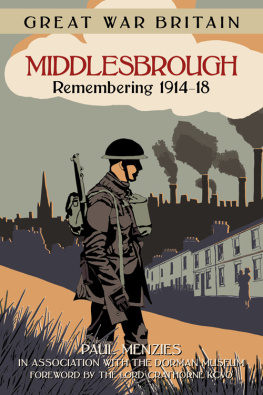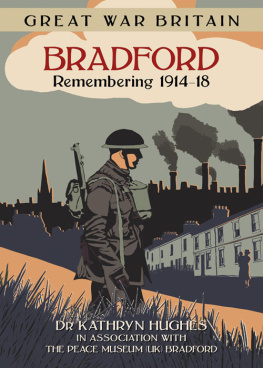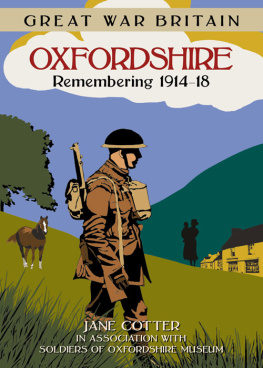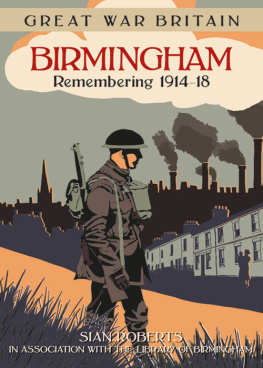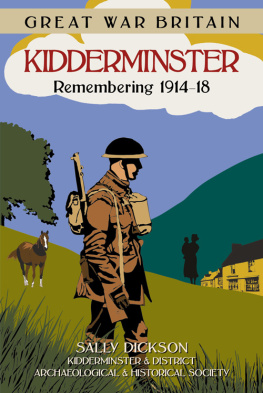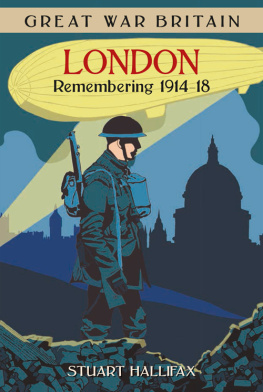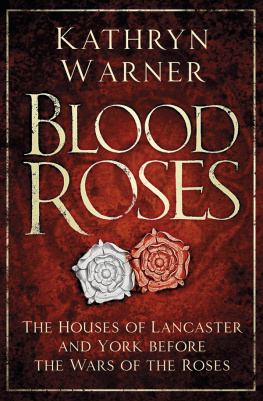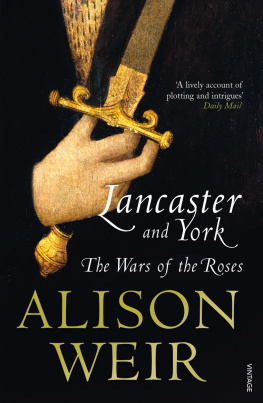

This book is dedicated to the late Brigadier James (Jim) Dennis. His committed work researching the war memorials of Lancaster, Morecambe, Carnforth and the surrounding villages, and the people behind the names on those memorials, did much to inspire the book and inform its content. His work was motivated by the desire to record as much detail as possible about the 2,700 people named on local war memorials so that their lives can be remembered in a fuller and more significant way for all time. We hope that this book on Lancasters experience of the First World War contributes to his aim.
First published in 2017
The History Press
The Mill, Brimscombe Port
Stroud, Gloucestershire, GL5 2QG
www.thehistorypress.co.uk
This ebook edition first published in 2017
All rights reserved
Ian Gregory, Corinna Peniston-Bird,
Peter Donnelly, Michael Hughes, 2017
The right of Ian Gregory, Corinna Peniston-Bird, Peter Donnelly, Michael Hughes to be identified as the Authors of this work has been asserted in accordance with the Copyright, Designs and Patents Act 1988.
This ebook is copyright material and must not be copied, reproduced, transferred, distributed, leased, licensed or publicly performed or used in any way except as specifically permitted in writing by the publishers, as allowed under the terms and conditions under which it was purchased or as strictly permitted by applicable copyright law. Any unauthorised distribution or use of this text may be a direct infringement of the authors and publishers rights, and those responsible may be liable in law accordingly.
EPUB ISBN 978 0 7509 8492 8
Original typesetting by The History Press
eBook converted by Geethik Technologies
CONTENTS
TIMELINE
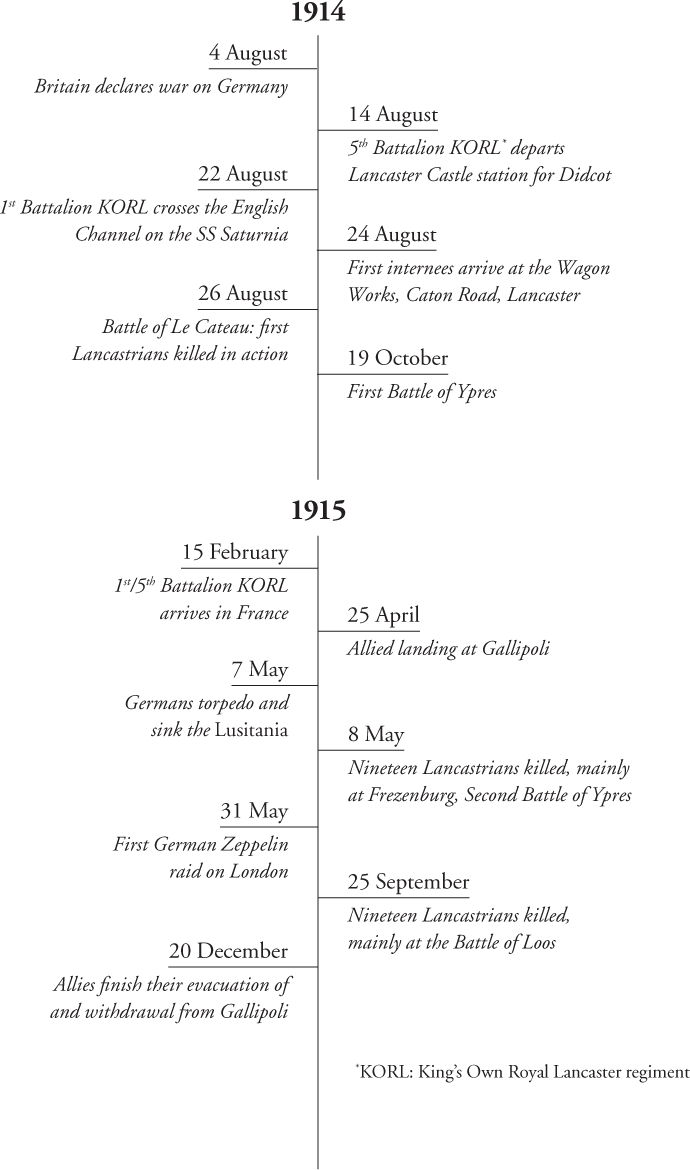
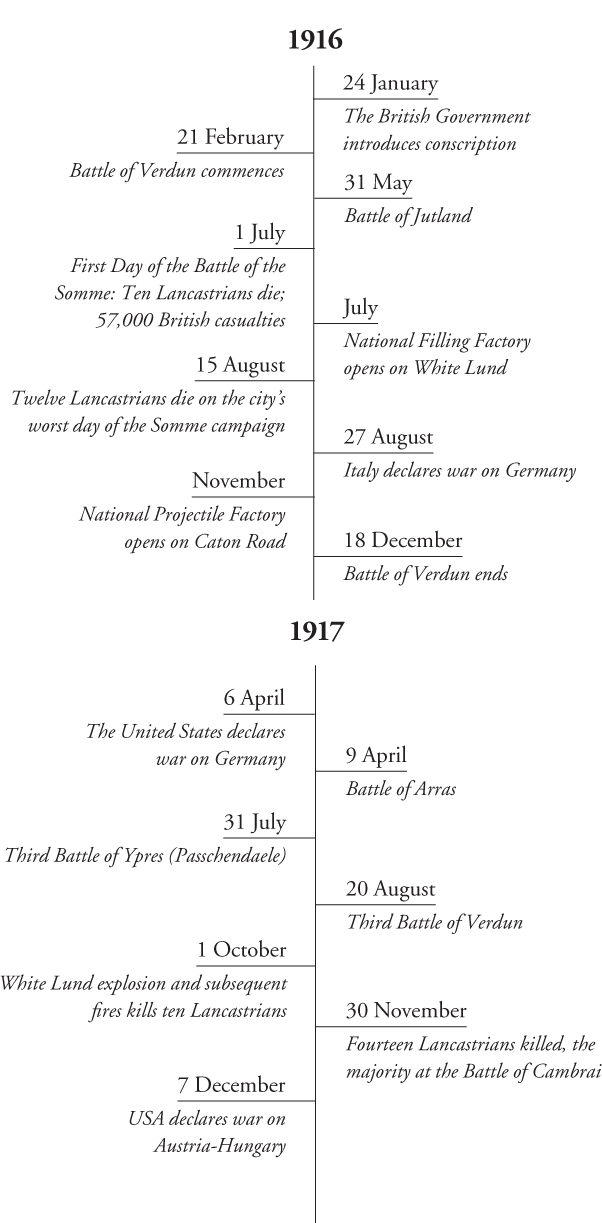
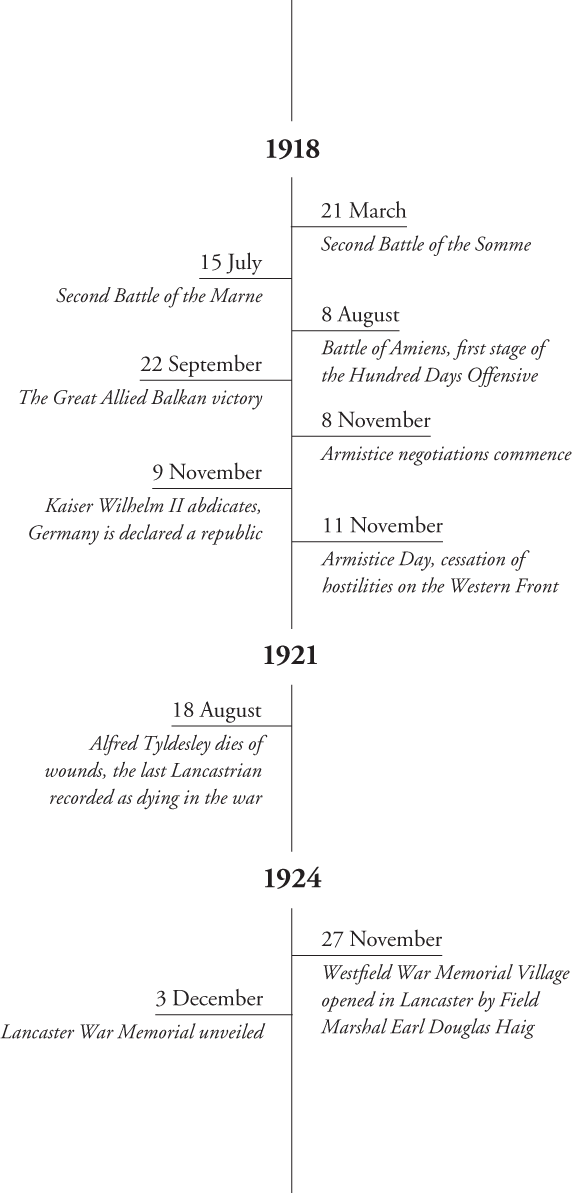
ACKNOWLEDGEMENTS
We would like to thank the following: Lancaster Military Heritage Group (LMHG) for making the Reveille material available to us, and the Kings Own Royal Regiment Museum, Lancaster for providing the record cards on Lancasters war memorial to that project. The Documenting Dissent Project, run by Global Link (www.globallink.org.uk), with particular thanks to Caroline Morrison, Janet Nelson and Alison Lloyd Williams. Janet Nelson was also very generous in sharing further research, as was Pauline Churchill of the Lancaster & District Family History Group. Heather Dowler at Lancaster City Museum for her kind assistance with photographs. Mandy Stretch and Martin Purdy for their expertise on Westfield War Memorial Village. James Hayes for permission to draw upon his Lancaster University dissertation The Enemy Within: Picturing, Confronting and Confining the Alien in Lancaster and Morecambe during the First World War. Bowerham Primary and Nursery School, Ripley St Thomas Church of England Academy, Lancaster Royal Grammar School and Lancaster Girls Grammar School for access to school archives and memorials.
Ian Gregory acknowledges funding from the European Research Council (ERC) under the European Unions Seventh Framework Programme (FP7/2007-2013) / ERC grant Spatial Humanities: texts, GIS, places (agreement number 283850).
Ian Gregory and Corinna Peniston-Bird acknowledge funding from the Heritage Lottery Fund (HLF) for the LMHGs project Streets of Mourning and Community Memory in Lancaster (FW-14-03372), that fostered our interest in the impact of the war on the communities of Lancaster.
Unless otherwise stated, all images are courtesy of Lancaster City Museum (LCM) or the Kings Own Royal Regiment Museum (KOM).
Other image credits are to: Ian Gregory (ING), Michael Hughes (MJH), Corinna Peniston-Bird (CPB) and Lancaster Girls Grammar School (LGGS).
INTRODUCTION
When census enumerators went round the town on 2 April 1911, they recorded that Lancaster Municipal Borough had a population of 41,410 people. In some ways the town and people they surveyed were typical of industrial Lancashire when the county, and indeed the country, was at the peak of its industrial might. The towns employment was strongly concentrated in manufacturing, particularly the production of oilcloth and linoleum. This industry was dominated by two family firms: James Williamson and Son (James Williamson II became Lord Ashton in 1895), and Storey Brothers. Waring and Gillow, furniture makers, were based on St Leonards Gate and provided another source of manufacturing employment. Not everything was well with the towns industry, however. The Lancaster Carriage and Wagon Works on Caton Road had been the second largest employer in town after Williamsons until it closed in 1908 with a major loss of jobs.
Lancaster was not an entirely typical northern industrial town. As the county town it had a judicial role with the court and the prison, and it had well-established mental health facilities at the Moor Hospital off Quernmore Road and the Royal Albert for children with learning disabilities on Ashton Road. Significantly for what was to follow, Lancaster was also a garrison town: Bowerham Barracks (now the University of Cumbria campus) was the headquarters for the Kings Own Royal Lancaster Regiment whose 5th Battalion, a Territorial Force unit (similar to the modern Territorial Army), was headquartered on Phoenix Street. A Royal Field Artillery battery was also based on Dallas Road.
Little could the people answering the enumerators questions have known about what was to follow. From 1914 many of the younger men would be recruited, usually into the army, many into the Kings Own. As many as 20 per cent of men in some age groups would be killed, many more would be injured or mentally scarred by what they experienced. For much of the rest of the population, life would carry on but would be far from normal. The towns industry and society were transformed as firms were moved to war production and women moved into jobs previously occupied by men. As you walk or drive around the town today, you pass many buildings that were part of this story: Bowerham Barracks and the other military sites were obviously centres of military activity; the Wagon Works was used as a prisoner of war camp; many of the mills and factories, now council offices, student accommodation, or disappearing under new housing, were used for the production of munitions or other products required for the war effort; many men enlisted at the Old Town Hall; and, along the streets of terraced housing and in the courts of the city centre, many houses lost men whose widows, parents, siblings and children had to carry on with their lives.
This book tells the story of Lancaster in the First World War. In doing so we draw together the military side, particularly the experience of the Kings Own, and the civilian side with the impact of mass casualties, the towns civilian war effort, and attitudes to the war being key themes. In writing the book we are lucky to draw on two rich sources: the first is the records of the Kings Own Royal Regiment Museum, and the second is
Next page
